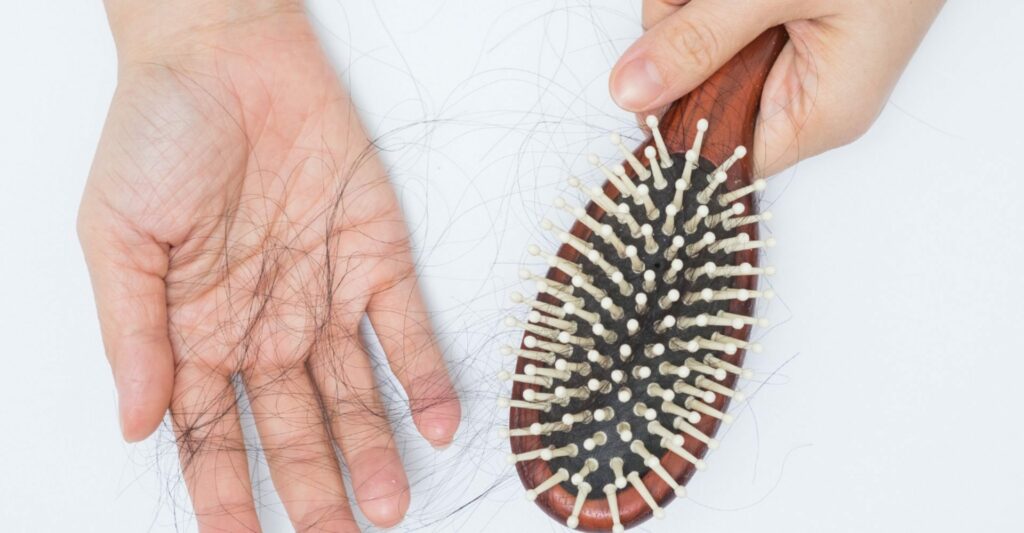September is Alopecia Awareness month. Many people can have more severe forms of this condition, while others have just a small area of impact that comes and goes over time. In all situations, it can create a variety of concerns in terms of self-awareness and image.
Humans normally shed hair all year round, unlike many animals who experience specific shedding seasons. Your follicles (the tiny bulbs in the scalp that produce hair cells) go through a regular, ongoing process of hair creation and hair loss, with various follicles undergoing different stages of this process at any given moment.
Doctors refer to the active growth phase of a hair as anagen. During this phase, a new hair emerges from the follicle, pushing out any old dead hair that may still occupy it. After achieving its maximum length, the hair stops growing during a phase called catagen. In the final phase, telogen, the dead hair falls away.
Alopecia deviates from this normal pattern of hair regeneration. If you have this condition, your hair falls out faster than your scalp (or other areas of your body) can replace it, leaving the skin bald.
What Can Cause Hair Loss in Men?
What Can Cause Hair Loss in Women?
What Can You Do About It?





